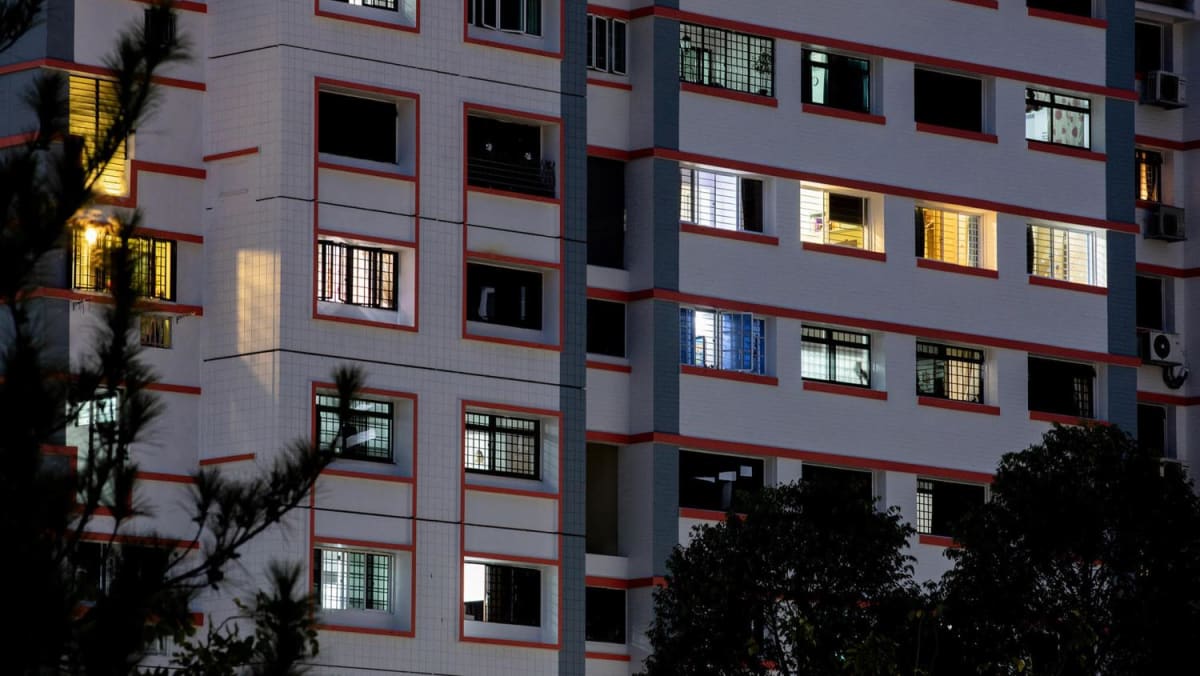
SINGAPORE — Electricity tariffs are set to increase by an average of 3.7 per cent, or about 0.98 cents per kWh before Goods and Services Tax (GST), for the period October to December, SP Group said in a news release on Friday (Sept 29).
The utilities provider said the increase is due to higher energy costs compared to the previous quarter. In the previous quarter, tariffs also rose by 0.31 cents per kWh.
The latest increase takes the electricity tariff for the last quarter of the year to 28.70 cents per kWh, up from 27.74 cents per kWh.
For families living in a four-room Housing and Development Board (HDB) flat, their average monthly electricity bill will increase by S$3.57 before GST, said SP Group said.
The electricity tariff comprises four components — energy costs paid to the generation companies, network costs and market support services fees paid to SP Group, and market administration and power system operation fees paid to the energy market company and power system operator.
The energy costs component is adjusted quarterly to reflect the changes in the cost of fuel and power generation.
The fuel cost refers to the cost of imported natural gas, which is linked to oil prices by commercial contracts.
Power generation costs cover mainly the costs of operating the power stations, such as manpower and maintenance costs, as well as the capital cost of the stations.
The market administration and power system operation costs are reviewed annually to recover the costs of operating the electricity wholesale market and power system, said SP Group.
“SP Group reviews the electricity tariffs every quarter based on guidelines set by the electricity industry regulator,” the utilities provider added.